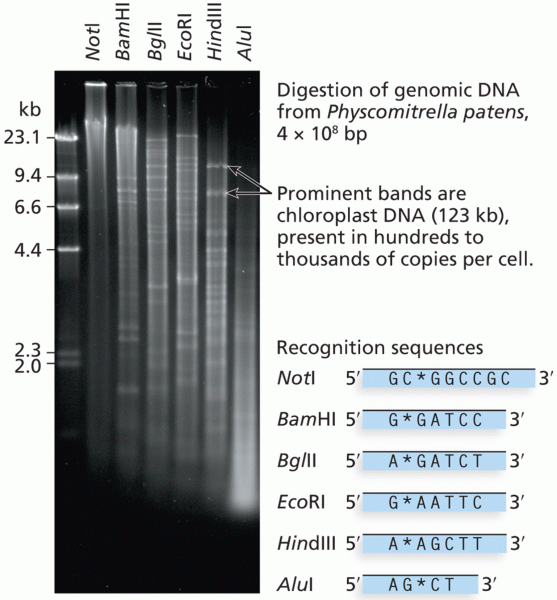|
|
|
Though Candida and Aspergillus species are the most common fungal pathogens causing invasive fungal disease in the immunocompromised, infections due to previously uncommon hyaline and dematiaceous filamentous fungi are occurring more often today. Rare fungal infections, once accurately diagnosed, may require surgical debridement, immunotherapy, and newer antifungals used singly or in combination with older antifungals, on a case-by-case basis.
Symptoms of kidney problems include a loss of appetite, back pain (which may be sudden and intense), chills, abdominal pain, fluid retention, nausea, the urge to urinate, vomiting, and fever.
After a vasectomy, it takes about 12 ejaculations to clear out sperm that were already beyond the blocked area.
Blood in the urine can be a sign of a kidney stone, glomerulonephritis, or other kidney problems.
There are over 65,000 known species of protozoa. About 10,000 species are parasitic.







